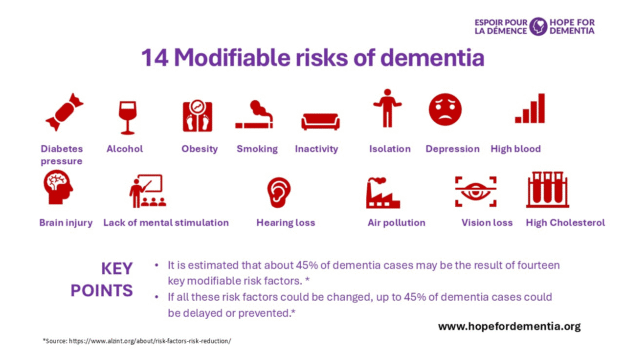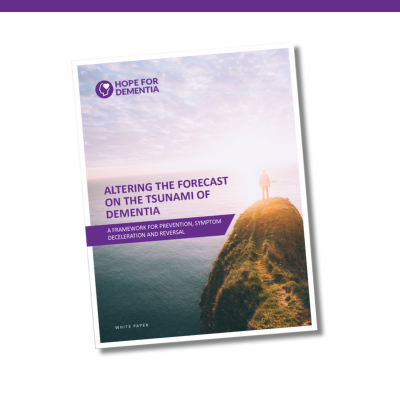Blueprint for smart eating in your golden years
Our aim in this book is to simplify nutrition so that you can take an active step when it comes to your health because what you eat plays a big role in your physical and mental health. If you’re worried about dementia or want to support a loved one who is, paying attention to…








